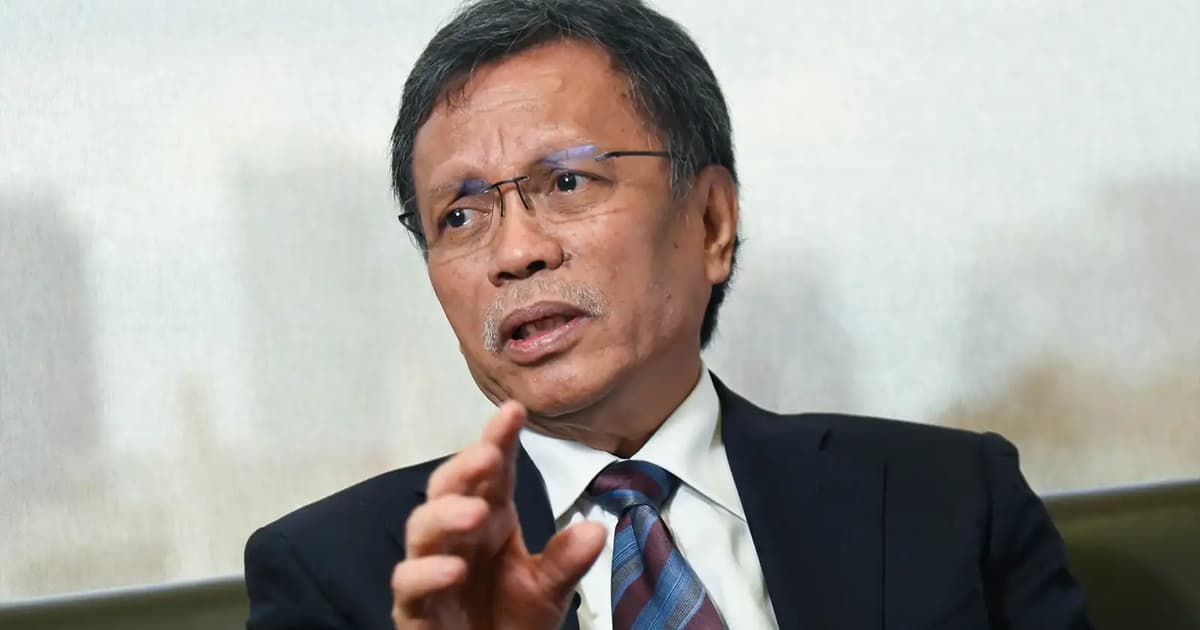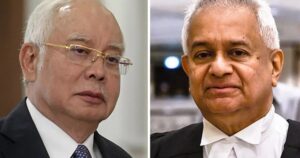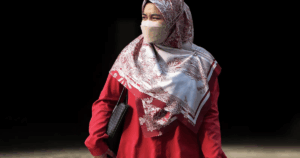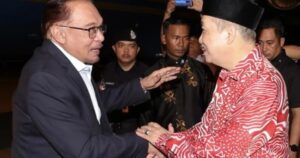
Improving basic infrastructure such as water and electricity supplies, and building better roads are among Warisan’s top priorities if it wins the Sabah election, party president Shafie Apdal said.
Shafie, who served as Sabah chief minister from May 2018 to September 2020, explained that these longstanding problems could not be resolved during his time in office as his administration lasted only 26 months.
He said addressing these infrastructure issues, which have been a burden for the people for decades, will remain part of his vision and mission, alongside human capital development.
In an interview with FMT, the Semporna MP, said many Sabahans had complained about frequent water supply disruptions, which affect daily life and disrupt businesses such as restaurants and hotels.
Shafie noted that such water supply issues were less frequent in Kuala Lumpur and Selangor, despite their larger populations, and suggested that Sabah could learn from industry figures such as Puncak Niaga chairman Rozali Ismail.
“We did try (to resolve Sabah’s infrastructure problems), but we only had 26 months in office and those 26 months included lockdowns and travel restrictions due to Covid-19.
“No one could move around, and even shops were closed,” Shafie said when asked if voters might question his pledge to improve infrastructure, given that the issue remained unresolved under his administration.
Free education pledge not a gimmick
Shafie also dismissed claims that his recently announced free education plan was a political ploy, saying it could be funded through a fairer distribution of Yayasan Sabah revenues and the state’s 5% petroleum royalty.
He estimated that the initiative, which includes repayment of education loans under Yayasan Sabah and the National Higher Education Fund Corporation (PTPTN),would cost only around RM1 billion.
“Surely Sabah can afford to pay that RM1 billion. When I was chief minister, I imposed a petroleum tax on Petronas and now the state government receives between RM2 billion and RM3 billion.
“There is no issue of insufficient funds to support our children,” he said, adding that the free education initiative complements Warisan’s vision for human capital development.
On Aug 5, Sabah Youth Council president Abqaree Fawwaz Abekan described Warisan’s promise to abolish education loan debt as political rhetoric, warning that it could undermine spending in other sectors.
He argued that targeted aid would be more practical, with priority given to those in need, or through a 50% loan subsidy.
Reviving Sabah’s education and health ministries
Shafie also plans to revive the state education and health ministries — not to compete with Putrajaya, but to complement federal efforts in narrowing what he referred to as “glaring gaps”.
“Our education system in Sabah is far behind,” he said, noting that these ministries were introduced during his previous tenure.
To fund development initiatives and welfare programmes, Shafie said Warisan would practise prudent financial management and avoid unnecessary spending, such as purchasing official vehicles and special number plates.
“The money we have can be channelled towards repairing roads for the benefit of the people,” he added.






